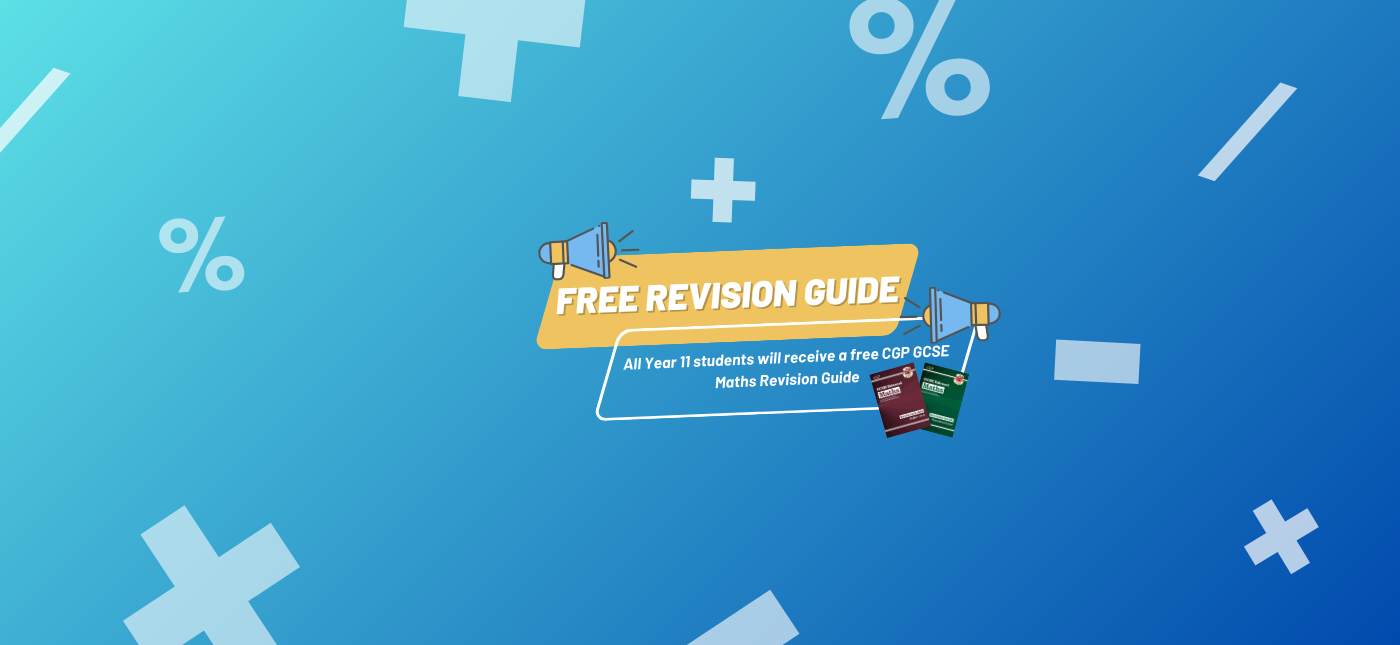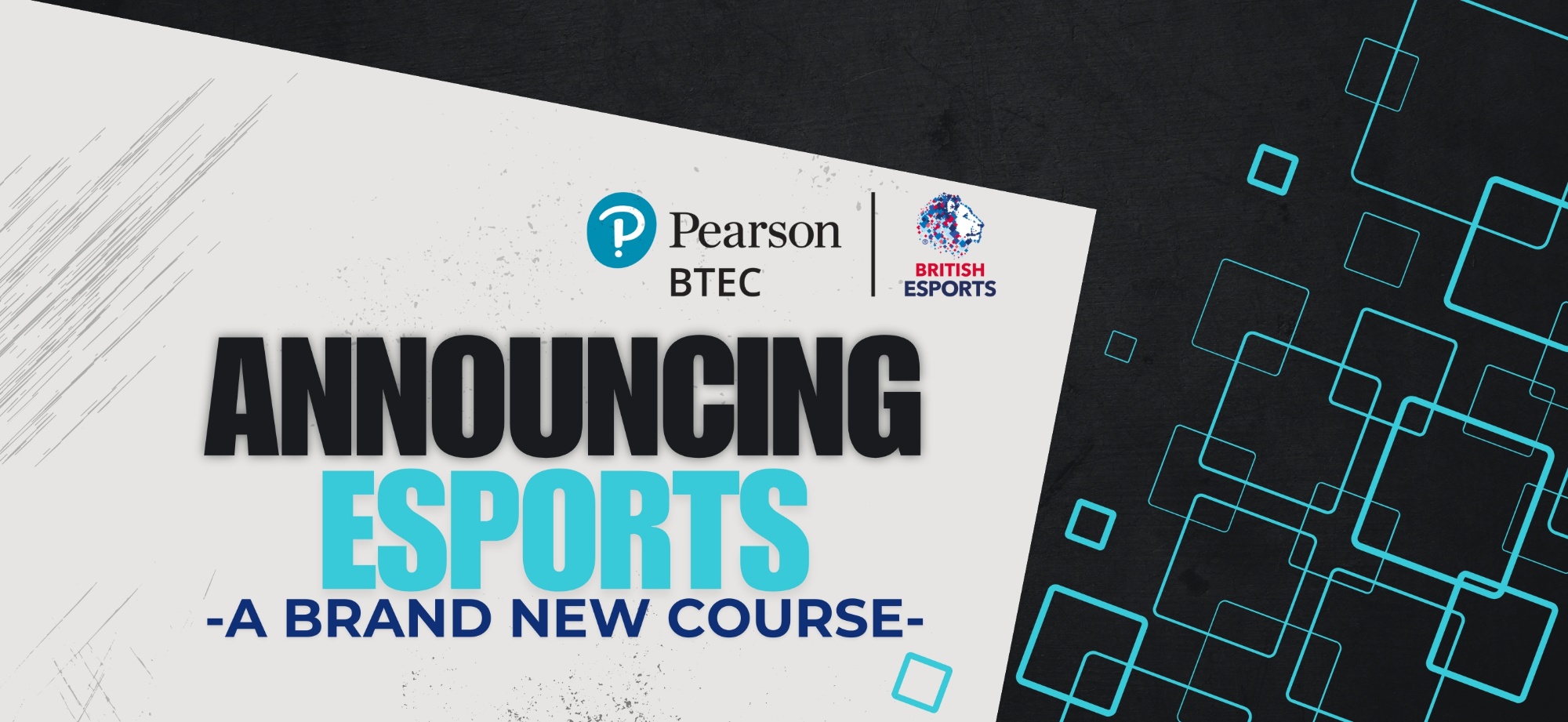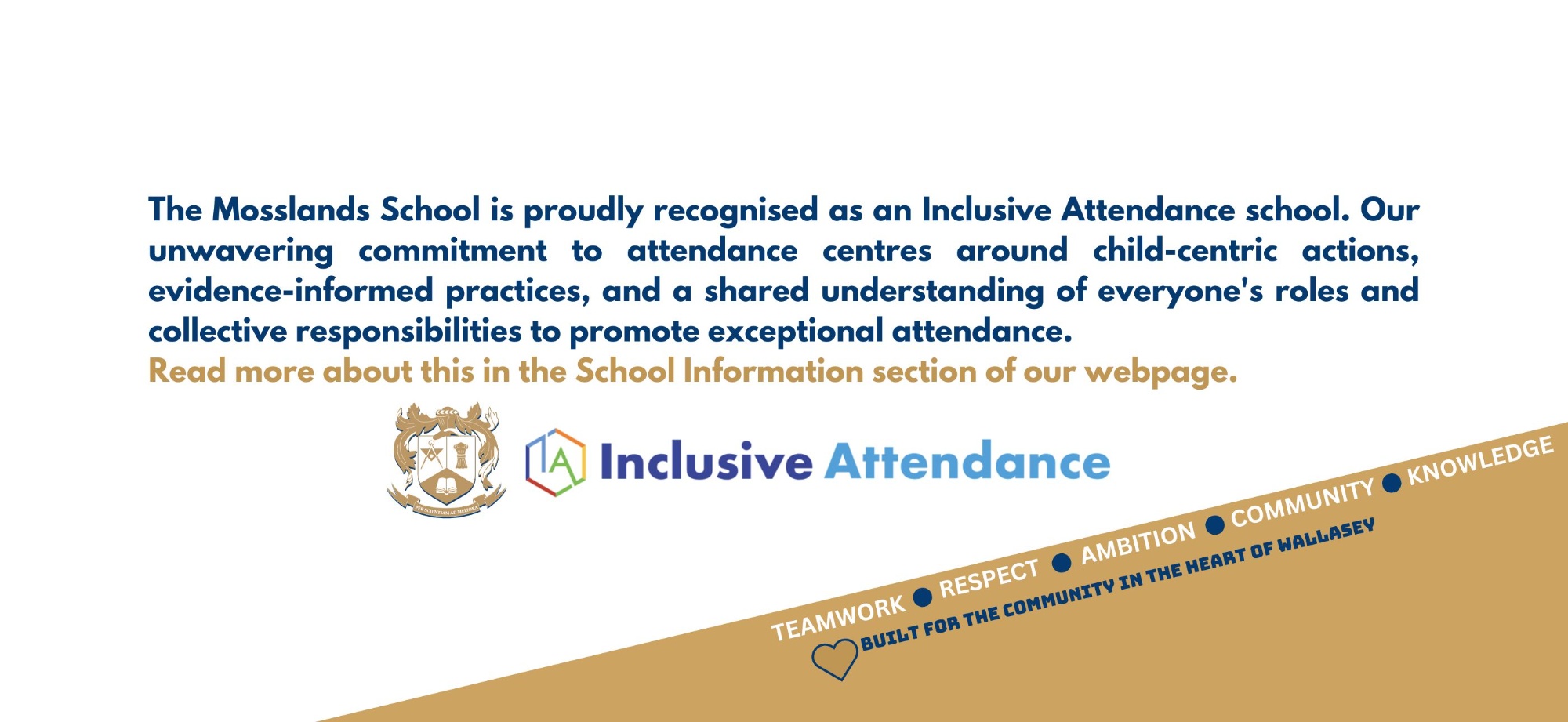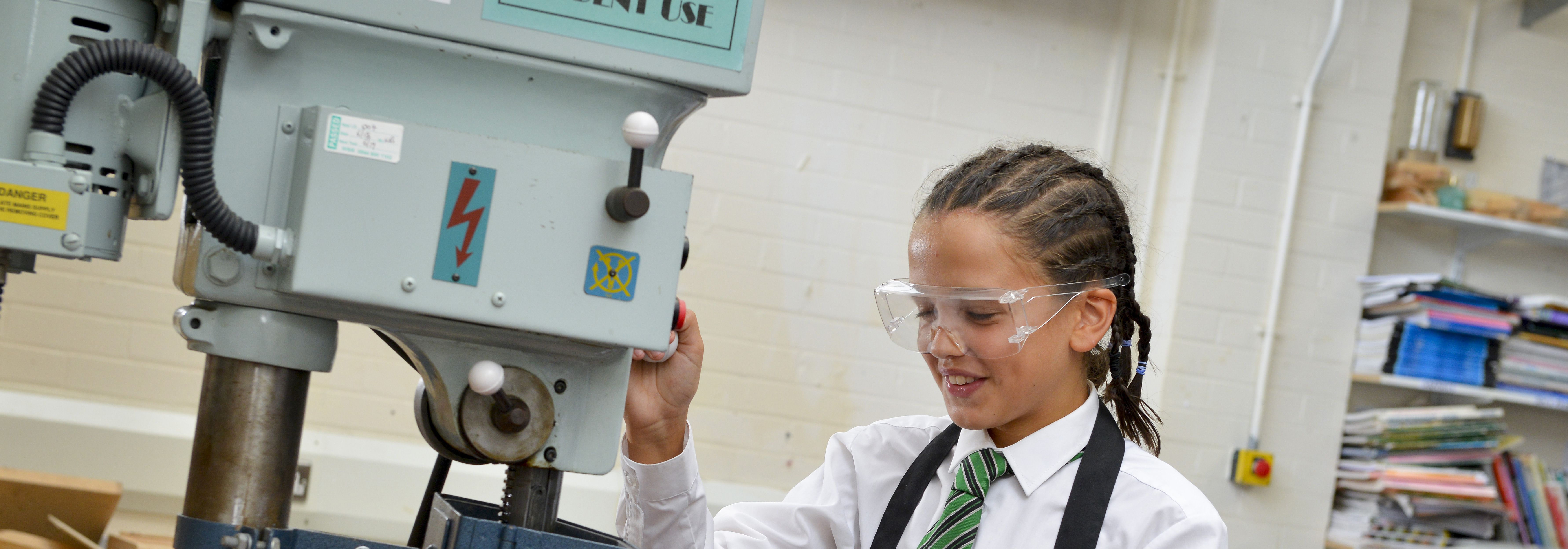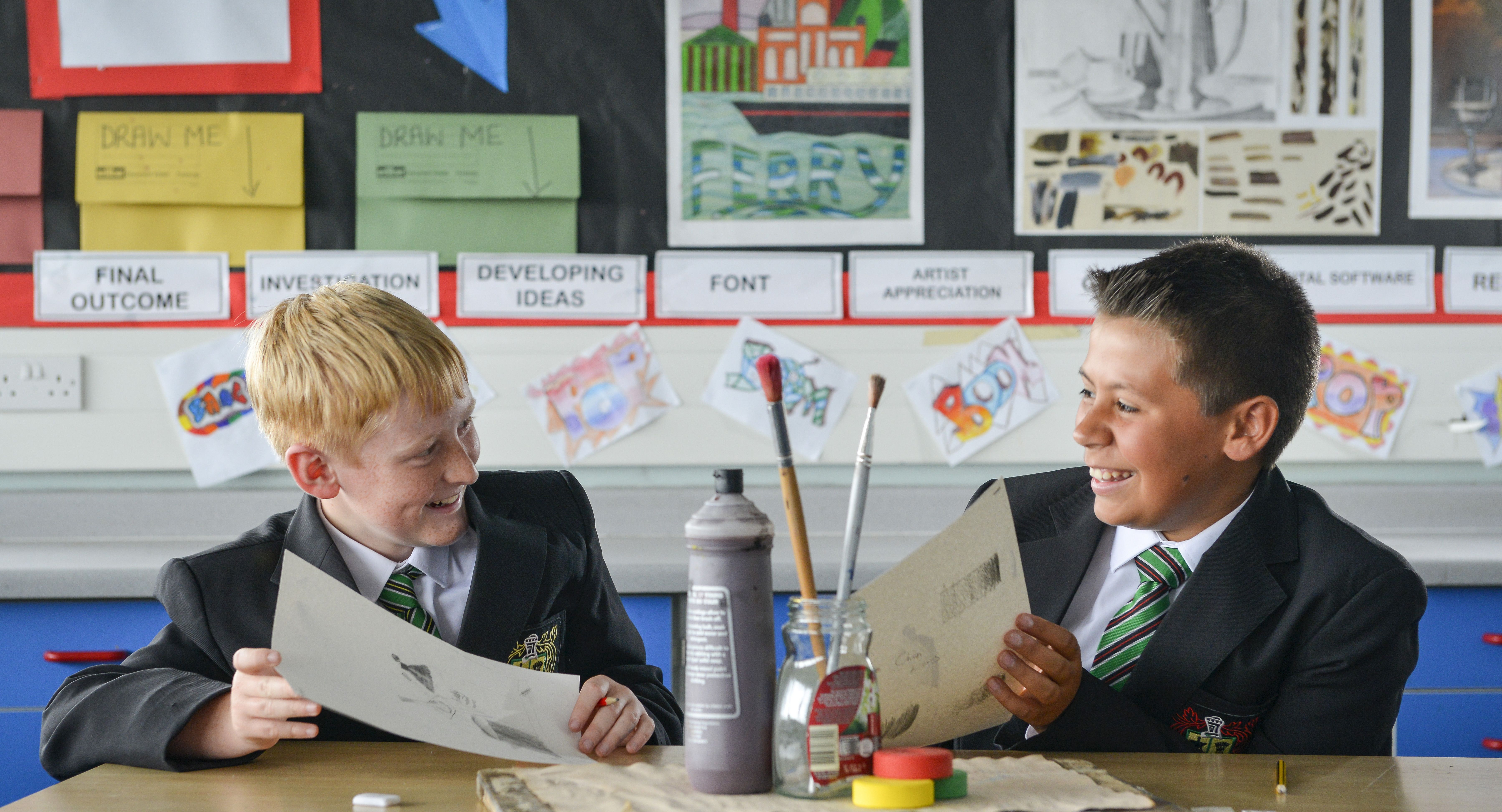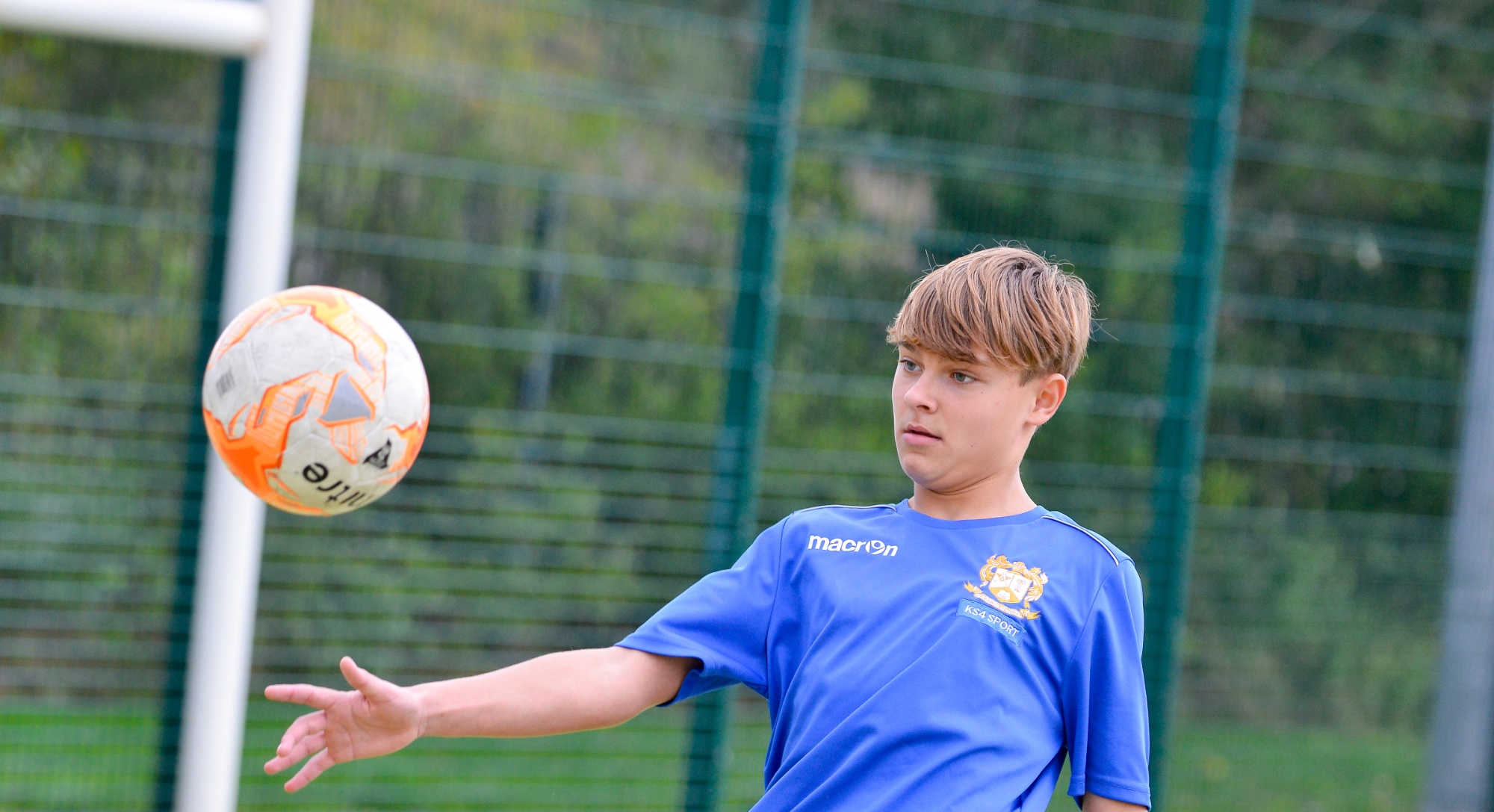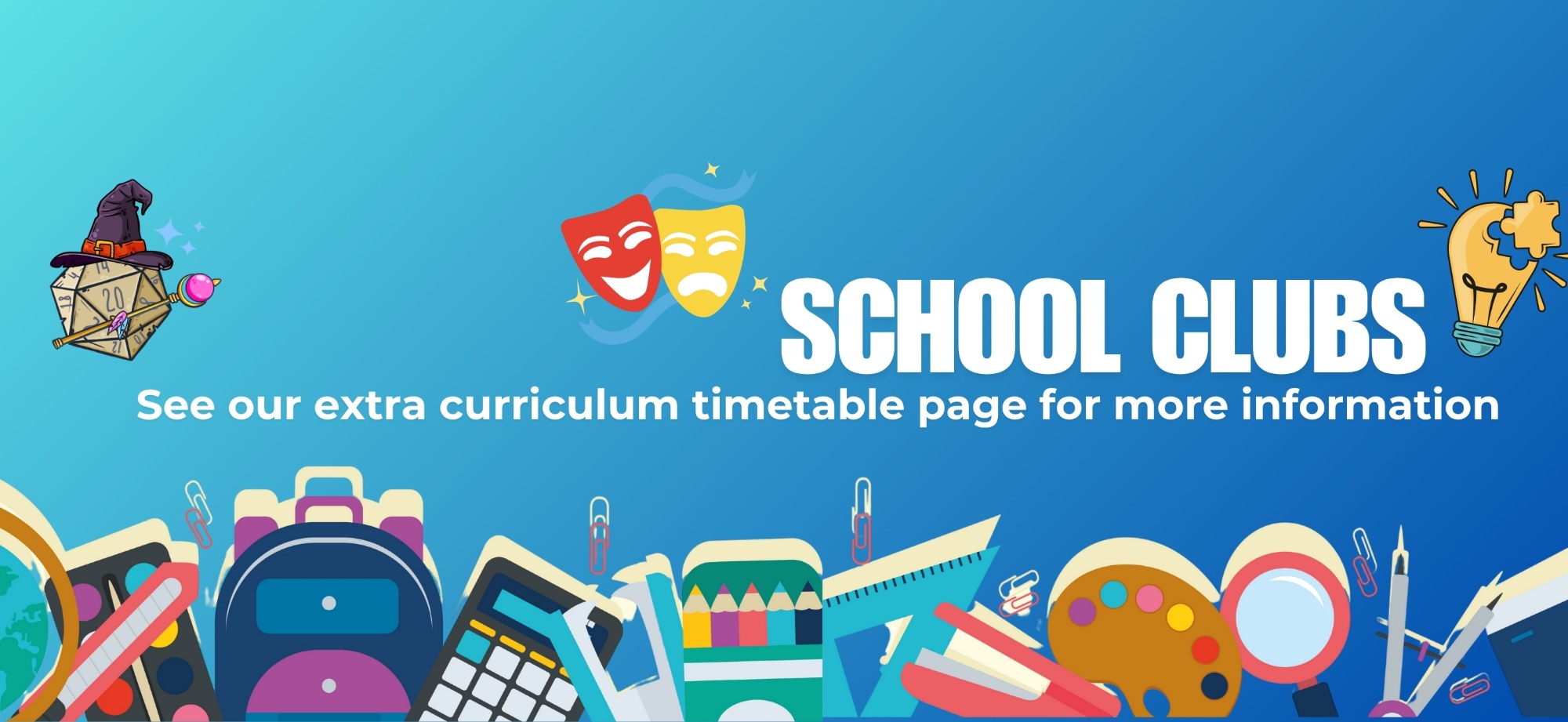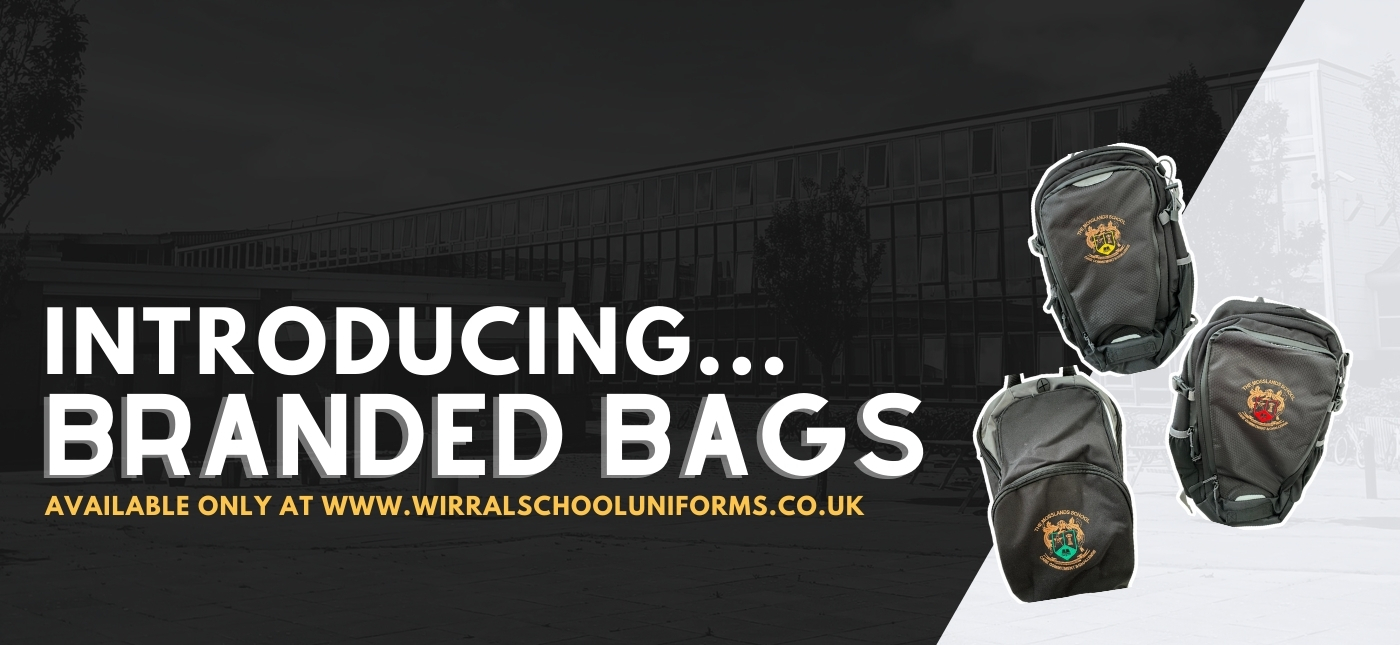Knowledge & Skills
The Knowledge and Skills overviews show the specific PSHE content students will learn in each unit of study throughout the year. These documents outline both the substantive knowledge (health information, social concepts, and economic understanding) and the disciplinary skills (self-management, relationship building, and critical thinking) that students will develop. Each unit is broken down to clearly identify what students need to know and what they should be able to do upon completion. Through the systematic development of both knowledge and skills, students build personal resilience, social awareness, and the capacity to make healthy, informed choices appropriate to their stage of learning.
Select a unit to find out more...
Relationships and Sex Education
| Unit Progress Criteria | |
| Knowledge | Skills |
|
Getting Ready for High School (To prepare for starting high school by getting to know my peers and better understand what to expect) |
|
|
Connecting With Your Teachers (To identify the importance of a strong teacher-student relationship and practice strategies to strengthen my relationships with teachers) |
|
|
From Strangers to Friends (To get to know my peers and develop strategies that support me in making new connections and friendships.) |
|
|
Building A Sense of Belonging (To understand how people feel a sense of belonging in groups and the benefits and dangers of group membership.) |
|
|
Communication Styles (To compare and contrast three communication styles and evaluate their effectiveness. ) |
|
|
Asking For Help (To appreciate the challenges people face when it comes to asking for help and practice how to ask for help more effectively when it's needed. ) |
|
|
How To Have Healthy Relationships (To evaluate my relationships and identify what it takes to maintain healthy relationships.) |
|
|
Building Stronger Friendships (Identify potential causes of conflict in relationships and explore methods to reconcile them effectively.) |
|
|
The Changing Adolescent Body (To identify the key physical and emotional changes that occur during puberty and menstruation.) |
|
|
Body Changes During Puberty (Students understand the significant physical changes during puberty for both genders and their implications for emotional and physical wellbeing.) |
|
|
Tackling Cyberbullying (Understand online bullying, including its effects, causes, and ways to prevent it.) |
|
|
Understanding Bullying (To understand the causes and effects of bullying and identify strategies to minimise it in our communities.) |
|
|
Different Types of Families (To recognise the diversity of families and that all types deserve respect) |
|
|
Positive Parenting (To examine the roles and responsibilities of parenting and compare the effectiveness of different parenting styles.) |
|
|
Safe & Healthy Relationships (To identify elements that make healthy and unhealthy relationships) |
|
|
R U OK (To learn how to have an R U OK? conversation that supports a friend if they are feeling down.) |
|
|
Sexual Consent (To understand consent in various contexts, how to gain consent and when it is required. ) |
|
|
Building Healthy Relationships (To identify characteristics that make relationships healthy or unhealthy, and then learn ways to resolve issues when they occur.) |
|
Health & Wellbeing
| Unit Progress Criteria | |
| Knowledge | Skills |
|
Combat Worry, Stress & Anxiety (To compare and contrast the effects of worry, stress and anxiety and identify strategies to address each.t) |
|
|
Dealing With Worry (To identify elements of worry and develop strategies to manage any future worries effectively.) |
|
|
The Stress Scales (Recognise the causes and effects of stress and identify strategies to manage it effectively..) |
|
|
Five-Minute Meditation (To explore meditation and mindfulness and observe the benefits these can provide to my life.) |
|
|
Controlling Our Emotions (To understand how emotions arise and develop strategies to control emotions when they are strong.) |
|
|
Rewiring Your Brain (To build awareness of my thoughts and how to reframe negative thoughts to grow the good in my life.) |
|
|
The Balanced Diet (To use the five principles of nutrition to evaluate whether my diet is balanced) |
|
|
Sleep Essentials (To recognise the importance of sleep on my health and how to design an effective sleep routine.) |
|
|
Phones And Sleep (To identify the importance of healthy sleep patterns, the role phones play in my sleep quality, and to create consistent and healthy sleep patterns.) |
|
|
Investing In Your Health (Develop an understanding of healthy lifestyles, and learn how to establish new healthy habits.) |
|
|
Healthy & Balanced Lifestyles (To determine what makes up a healthy, balanced lifestyle, reflect on my own current lifestyle and consider what I could change. ) |
|
|
Healthy Eating, Healthy Living (To understand how the food I consume affects my physical and mental health, as well as my overall sense of wellbeing.) |
|
Living in the Wider World
| Unit Progress Criteria | |
| Knowledge | Skills |
|
Managing Privacy Online (To understand why online privacy matters and how to protect data online. ) |
|
|
The Dangers Of Your Internet Algorithm (To understand the danger of internet algorithms and how to counter their influence.) |
|
|
Social Media Addiction (Recognise the effects of excessive phone use on their mental health and implement strategies to address their own phone use.) |
|
|
Alcohol And Your Health (To identify the short and long-term effects of alcohol on the body.) |
|
|
Smoking and Nicotine Addiction (To be able to identify the health risks of smoking and nicotine addiction.) |
|
| Vaping: A Global Dilemma (To debunk the myths and identify the dangers posed by vaping for people and the environment.) |
|


